Mercy and Forgiveness

Have you ever felt too far gone for grace? Like your current or past mistakes have built a wall too high for forgiveness to climb?
In a world where mercy often feels limited and conditional, there’s one place we can turn where compassion never runs dry, the heart of God.
In Daniel 9:9, we encounter a profound truth:
📖 Daniel 9:9
"To the Lord our God belong mercies and forgivenesses, though we have rebelled against him;"
This single verse, nestled in one of the most powerful prayers of repentance in the Bible, reminds us that God's forgiveness is greater than our failure, and His mercy is not earned, it’s given.
Whether you're searching for hope, healing, or a deeper relationship with God, this Bible verse study will guide you through the richness of God's character revealed in Daniel's prayer.
We’ll explore how this timeless truth can transform your walk with God, deepen your understanding of His unfailing love, and offer peace even in seasons of guilt or regret.
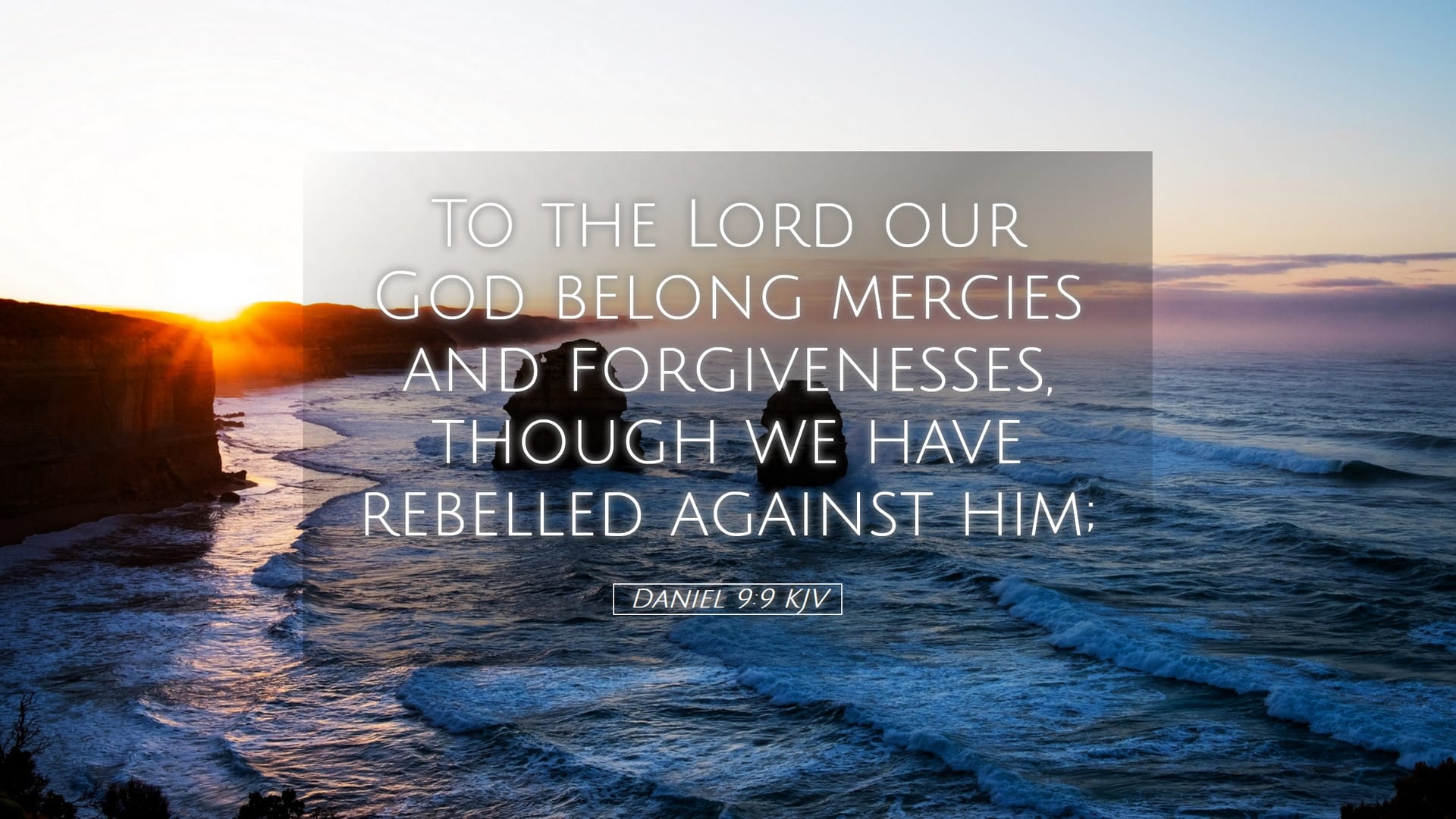
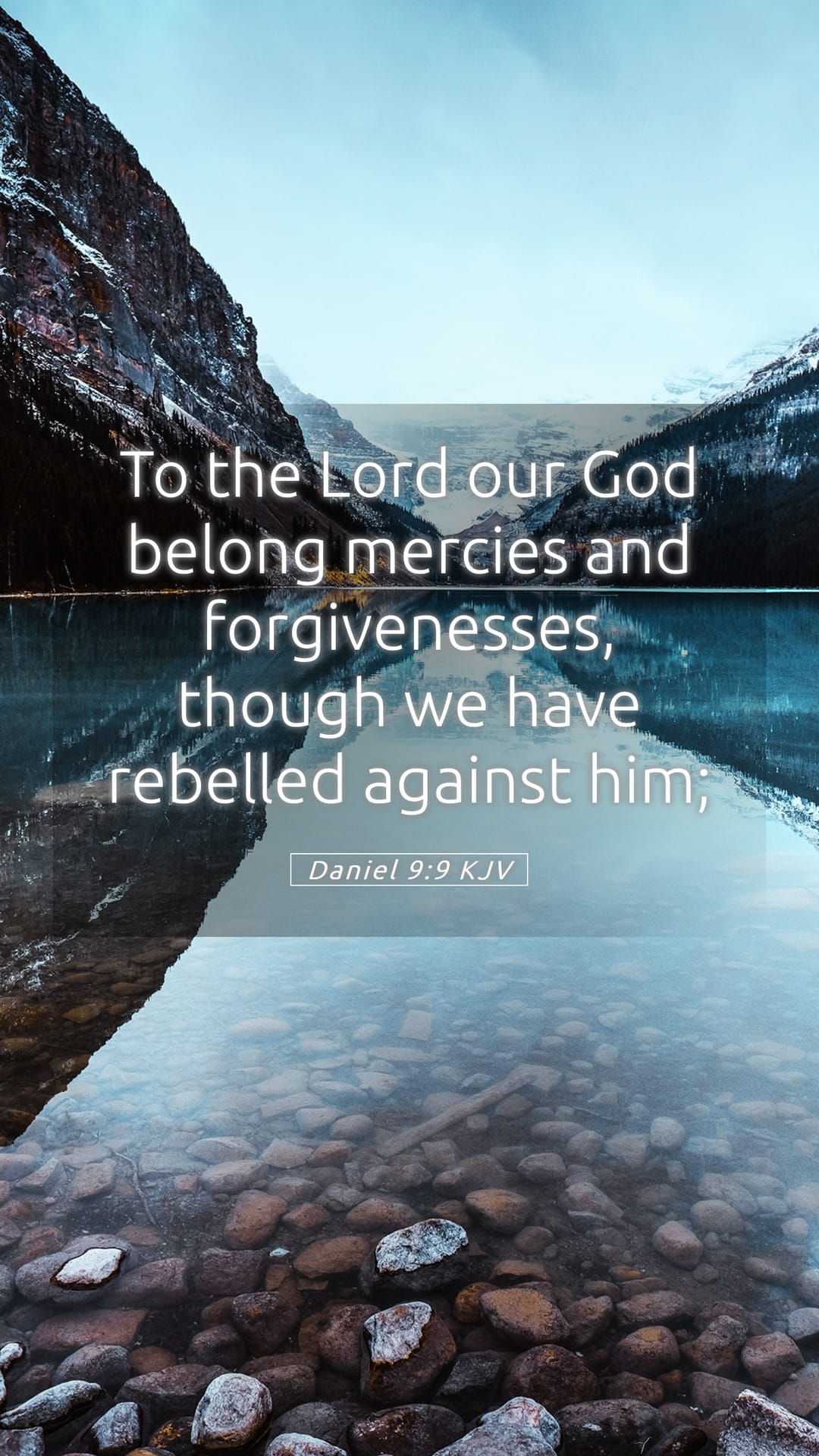
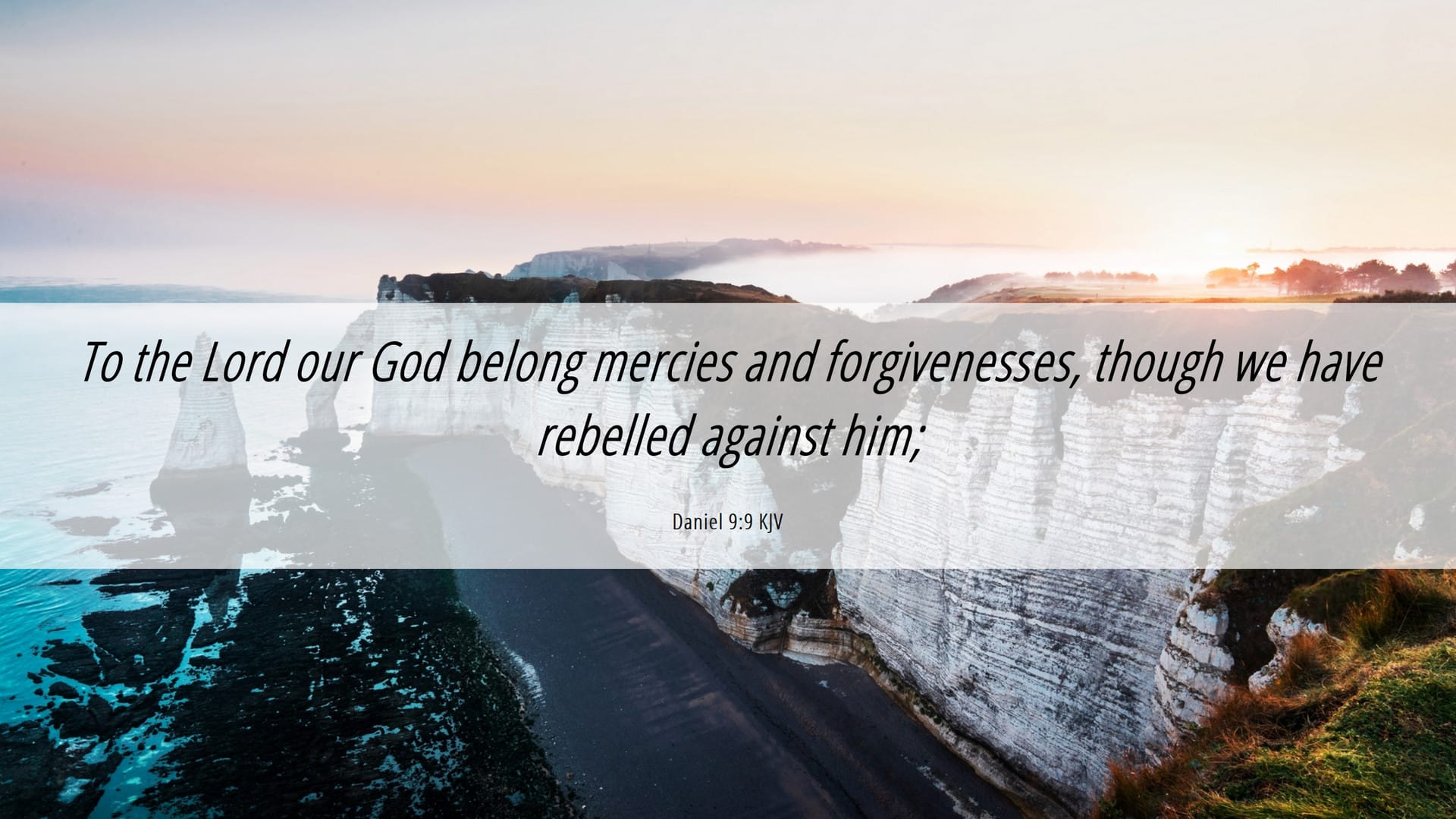
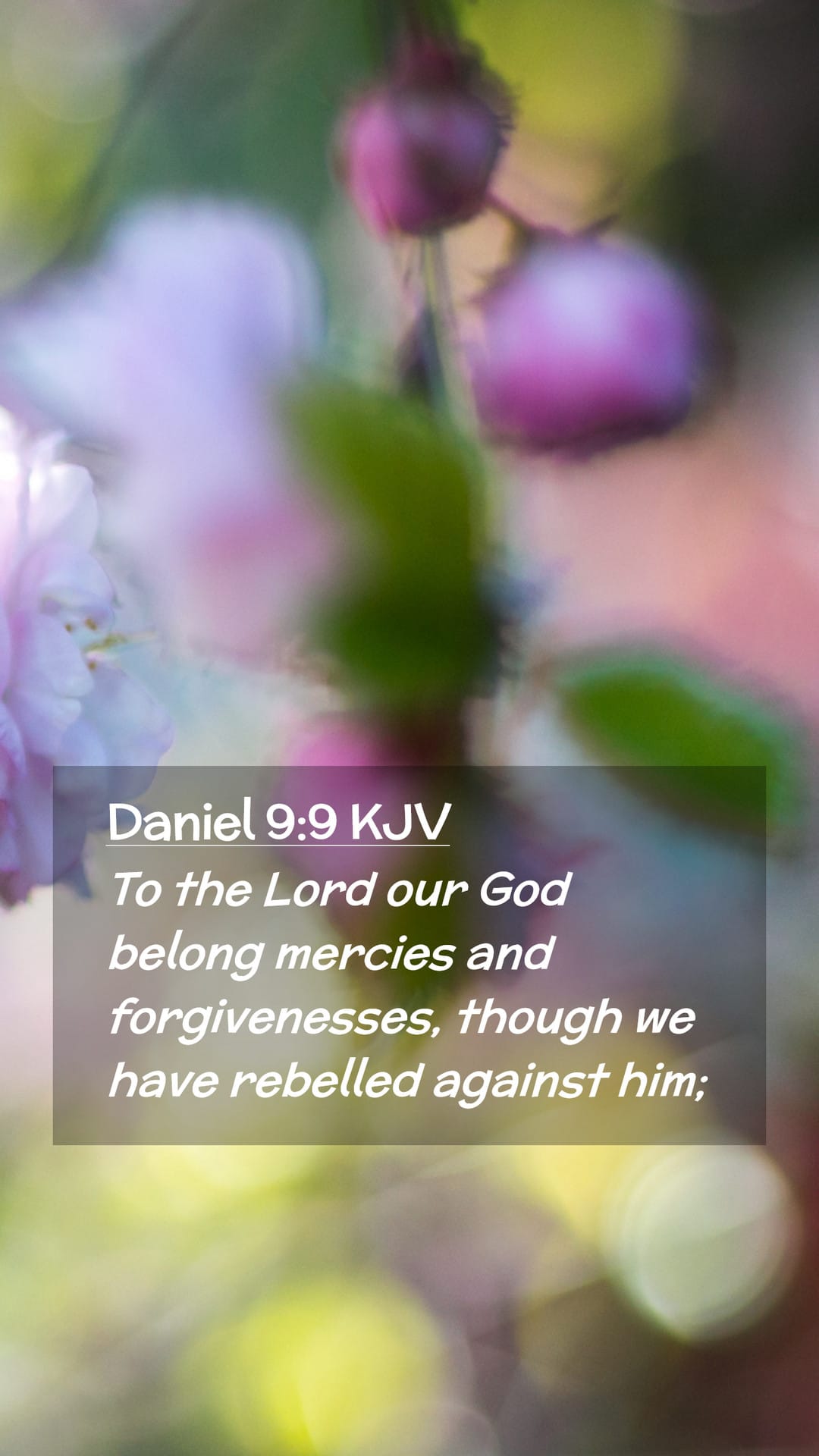
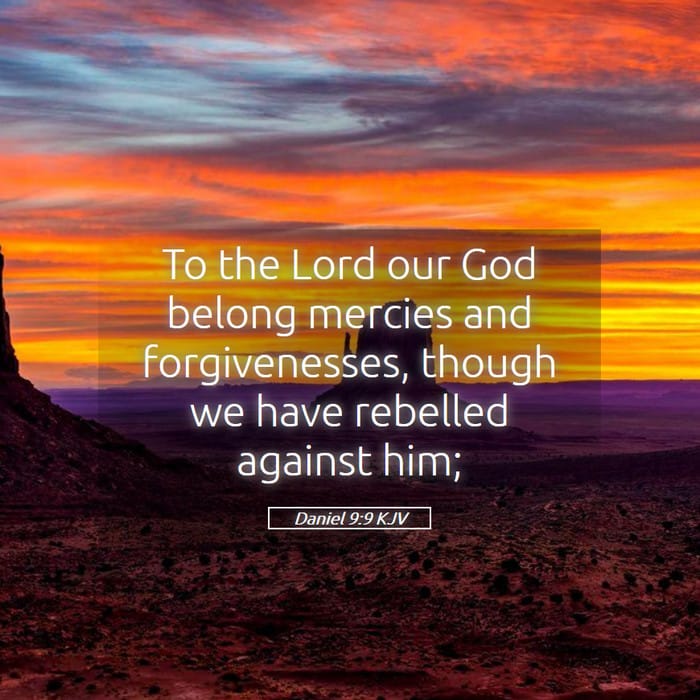
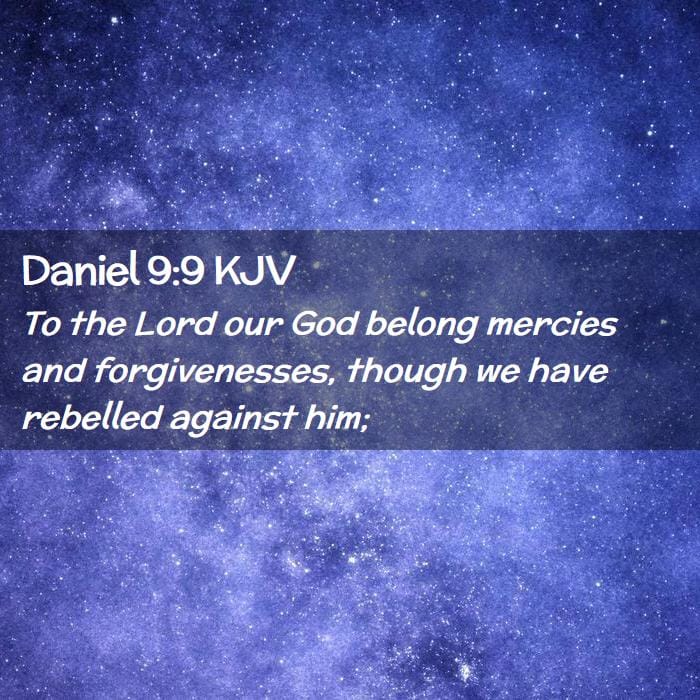

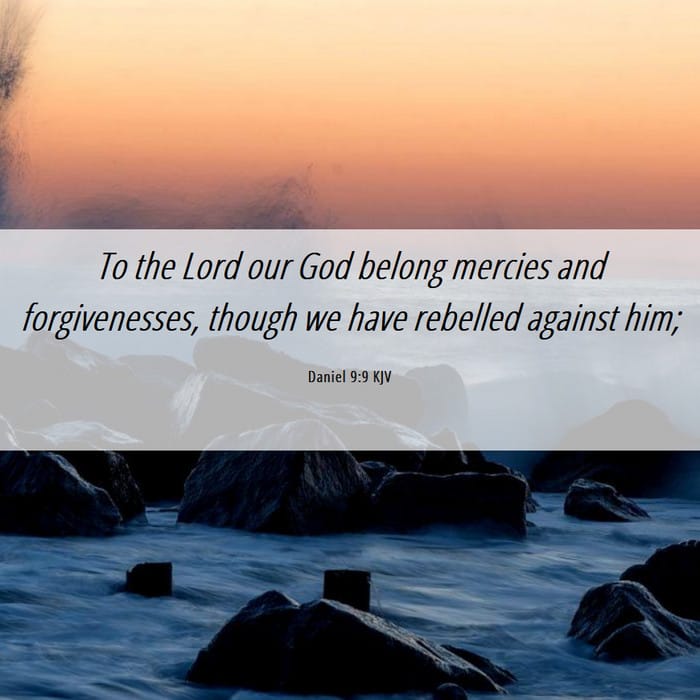

God's Mercy in the Midst of Rebellion
Daniel chapter 9 records one of the most profound prayers of repentance and intercession in the Bible. The prophet Daniel, having read the writings of Jeremiah, realizes that the seventy years of desolation for Jerusalem are nearing their end (Daniel 9:2).
In response, he turns to God in prayer and fasting, confessing not only his sins but also those of his people Israel.
This verse comes in the midst of that heartfelt confession.
👉 Daniel doesn’t plead innocence; instead, he fully admits guilt and rebellion, yet appeals to the mercy and forgiveness of God.
Verse Breakdown & Commentary
“To the Lord our God belong mercies and forgivenesses…”
- "The Lord our God" — Daniel personalizes God. This isn’t a distant deity; it’s our God, showing both reverence and relationship.
- "Belong mercies and forgivenesses" — The plural forms ("mercies" and "forgivenesses") emphasize the abundance and depth of God's compassion.
- He is not limited in mercy or in capacity to forgive; His nature is inherently gracious.
📝 Application: This reveals the character of God, that He is the source of all true mercy.
No matter how far you have fallen, the door to repentance remains open because of who God is, not because of your efforts.
- Mercies (Hebrew רַחֲמִים: rachamim) reflects deep compassion and tender love.
- Forgivenesses (Hebrew סליחות: selichot) suggests a complete removal or dismissal of guilt.
“…though we have rebelled against him;”
- "Though" — This conjunction shows a contrast between God’s nature and man's actions. Despite the rebellion, mercy is still available.
- "We have rebelled" — Daniel uses the word "we" consistently in his prayer, identifying with the sins of his people, even though he himself lived righteously.
👉 The word "rebelled" is strong, it isn’t just a slip or mistake, but willful defiance.
📝 Application: True intercession involves identifying with others in humility, not condemning them. Daniel exemplifies how to confess with sincerity, acknowledging the depth of sin without losing sight of the greatness of God's mercy.
Key Insights
- God’s Mercy Is Covenant-Based
Daniel invokes the covenant relationship between God and Israel. Even in rebellion, God's covenant love does not vanish. This anticipates the New Covenant fulfilled in Christ, where mercy and forgiveness are magnified (Hebrews 8:12). - Confession Must Be God-Centered
Daniel's prayer is not focused on his own righteousness, but on God's mercy. This models the proper way to approach God in repentance, not with excuses, but with an appeal to His grace. - Forgiveness Despite Rebellion
Human logic often says rebellion should lead to destruction, but God's kingdom is marked by grace triumphing over judgment. Daniel recognizes this truth and leans into it.
Practical Applications for Today
No One Is Beyond Forgiveness - No matter how far you have rebelled, whether your sin lasted a moment or a lifetime, God’s forgiveness remains within reach.
His mercy is not limited by time, severity, or the number of failures. What matters most is the posture of your heart. Do you truly care?
The story of Scripture is not about perfect people, it’s about a perfect God who forgives imperfect sinners.
From King David’s adultery and murder, to Peter’s denial of Jesus, to Paul’s violent persecution of the early Church, God’s grace met them at their lowest and restored them. Why? Because they turned back to Him in sincere repentance. It has to be sincere. Only you and God know if your repentance is sincere.
Repentance isn't about reciting perfect words or feeling temporary guilt, it's about a genuine change of heart that turns from sin and turns toward God. When that happens, the floodgates of forgiveness open wide.
“If we confess our sins, he is faithful and just to forgive us our sins, and to cleanse us from all unrighteousness” (1 John 1:9)

No one is too far gone. God doesn’t reject the broken, He restores them. His mercy is not a reward for the righteous, but a rescue for the repentant.
Intercede with Humility - Just as Daniel included himself in the prayer of repentance, we are called to pray for others with the same humility and brokenness.
Rest on God’s Character, Not Your Track Record - Mercy and forgiveness belong to God, they are His to give, not ours to earn.
🛑 Forgiveness Cannot Be Earned, It Is a Gift
Yes, it is biblically true that we cannot earn forgiveness, this is a core doctrine of the Bible, especially emphasized in both the Old and New Testaments.
🔹 Biblical Support:
📖 Romans 4:4-5
4 Now to him that worketh is the reward not reckoned of grace, but of debt.
5 But to him that worketh not, but believeth on him that justifieth the ungodly, his faith is counted for righteousness.
▶ Paul teaches that if forgiveness were earned by works, it would be something owed to us. But instead, it comes by faith, as an act of God’s grace.
📖 Psalm 130:3-4
3 If thou, Lord, shouldest mark iniquities, O Lord, who shall stand?
4 But there is forgiveness with thee, that thou mayest be feared.
▶ King David admits that no one could stand before God if forgiveness had to be earned. Forgiveness flows from God’s character, not our worthiness.
📖 Titus 3:5
"Not by works of righteousness which we have done, but according to his mercy he saved us, by the washing of regeneration, and renewing of the Holy Ghost;"
▶ Even righteous behavior cannot earn forgiveness. It is entirely based on God’s mercy, not our merit.
📖 Ephesians 2:8-9
8 For by grace are ye saved through faith; and that not of yourselves: it is the gift of God:
9 Not of works, lest any man should boast.
▶ This passage makes it clear that salvation, including the forgiveness of sins, is a gift from God, not something we can achieve or deserve through good deeds or personal effort.
We cannot earn forgiveness through church attendance, good deeds, moral behavior, or some form of rituals.
These things may reflect a transformed life, but they do not purchase grace. Forgiveness is grounded in the blood of Jesus Christ and received through faith and repentance, not through human effort.
God does not forgive us because we are good, but because He is good.
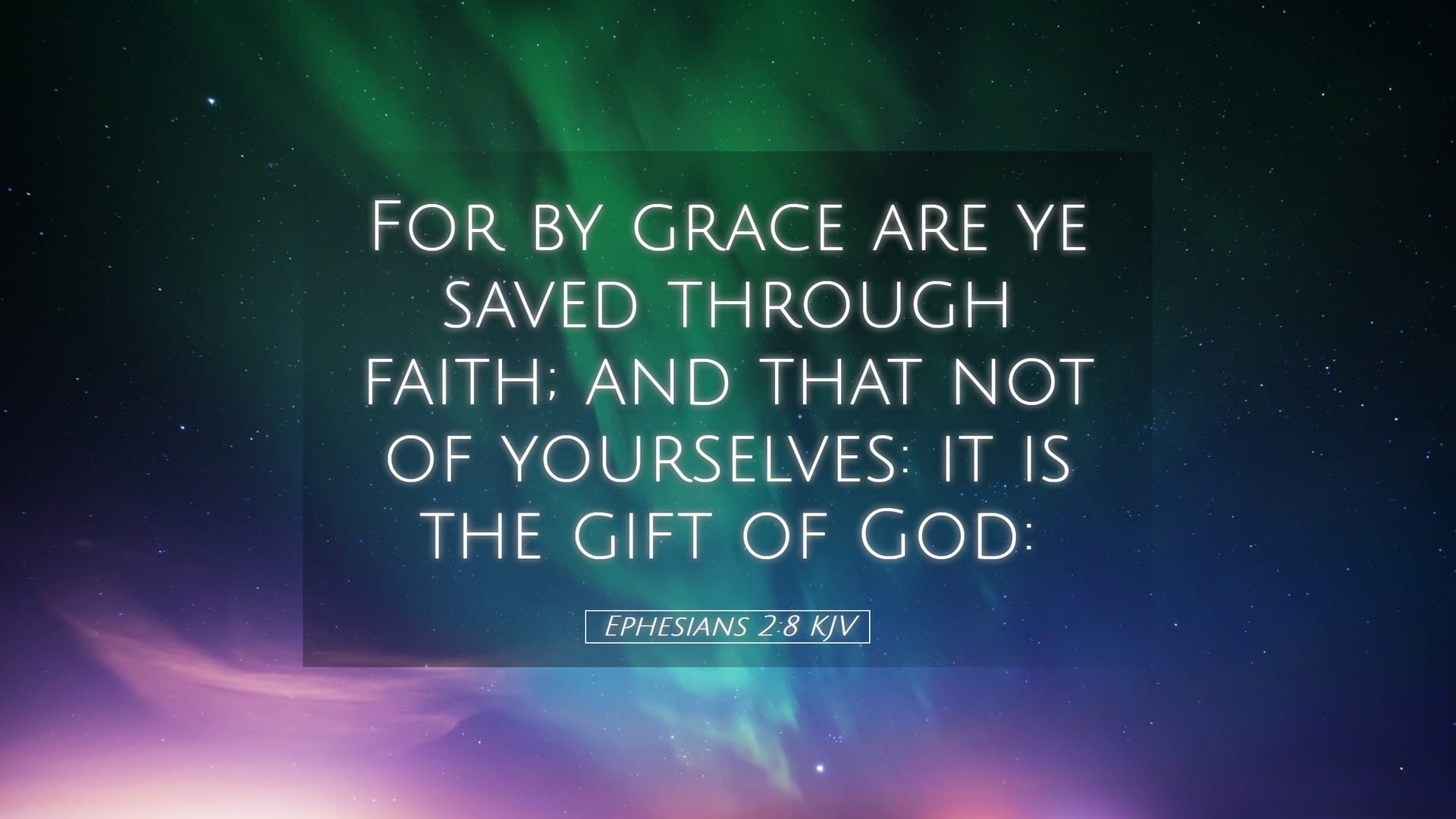
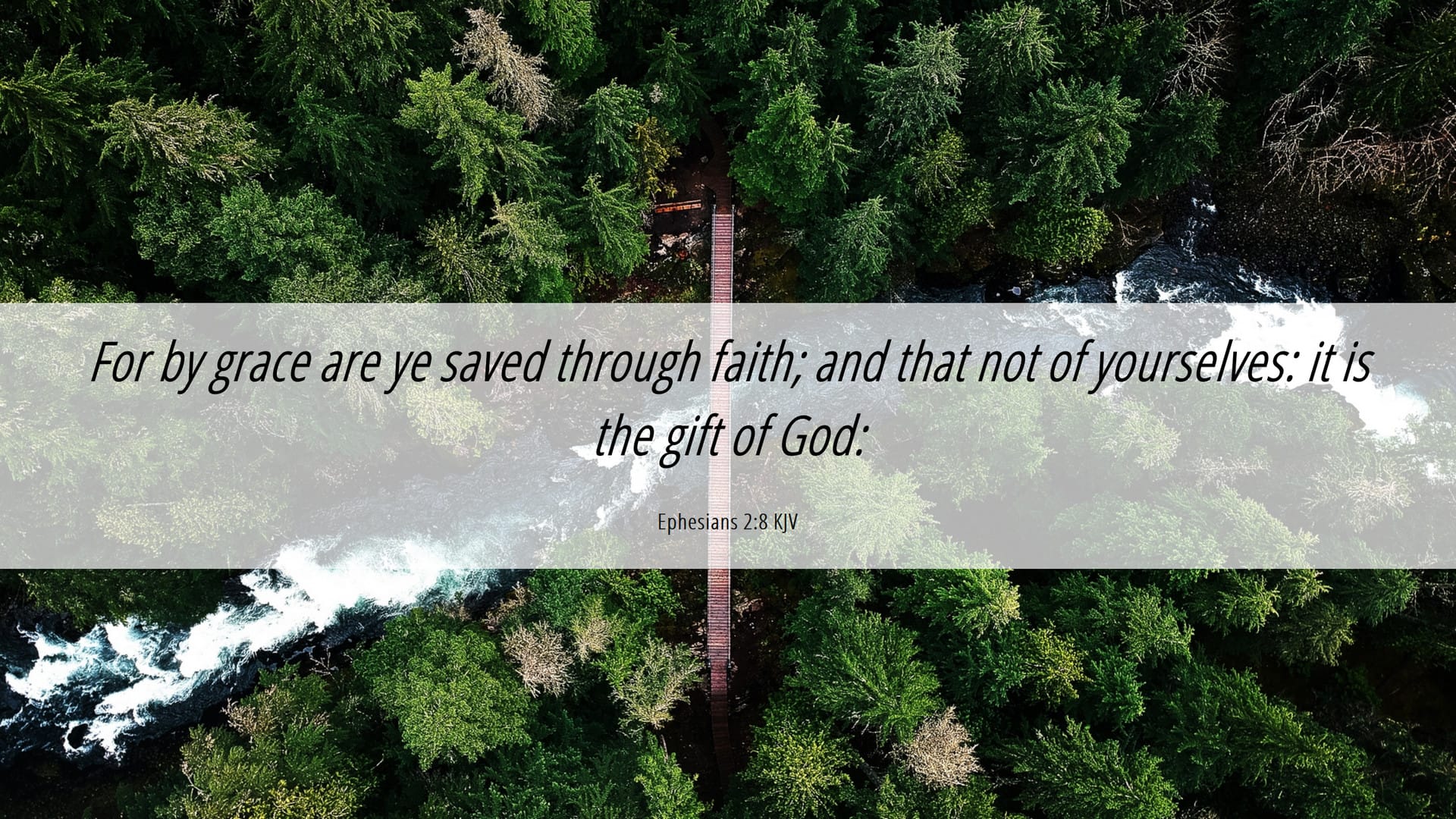


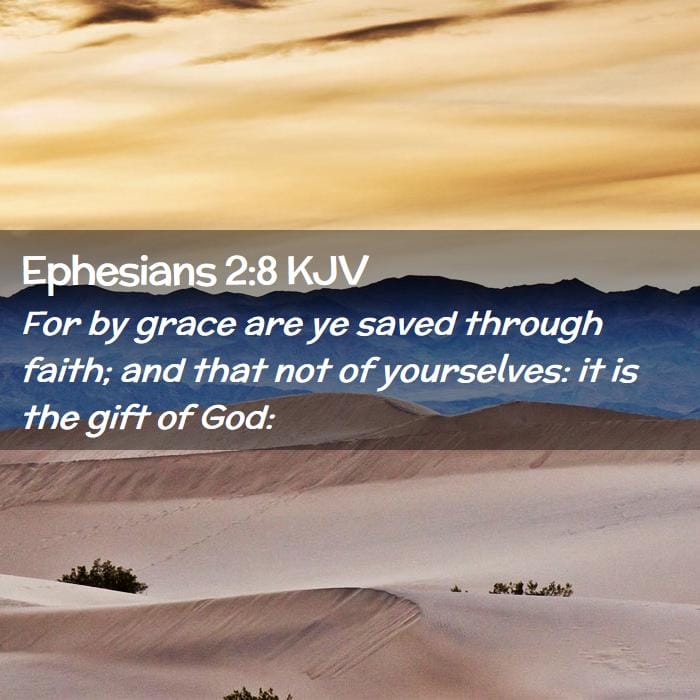

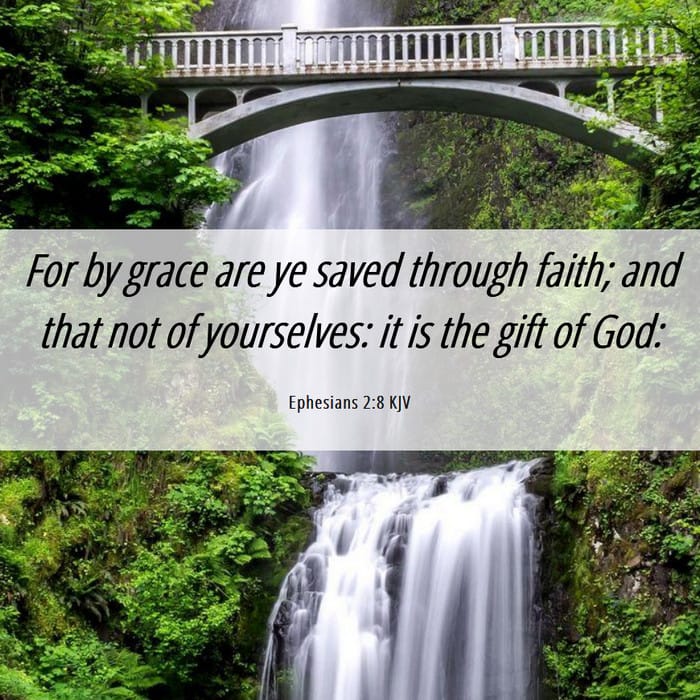
⚖️ All Sin Is Sin – God Doesn’t Use Our Scales
In our human nature, we tend to categorize sin, labeling some as "small" and others as "great."
We might see murder or idolatry as serious offenses, while excusing gossip, pride, or unforgiveness as minor flaws. But in God's eyes, sin is sin, any rebellion, whether whispered in secret or shouted in public, separates us from His holiness.
The Bible tells us ...
“For whosoever shall keep the whole law, and yet offend in one point, he is guilty of all.” (James 2:10)
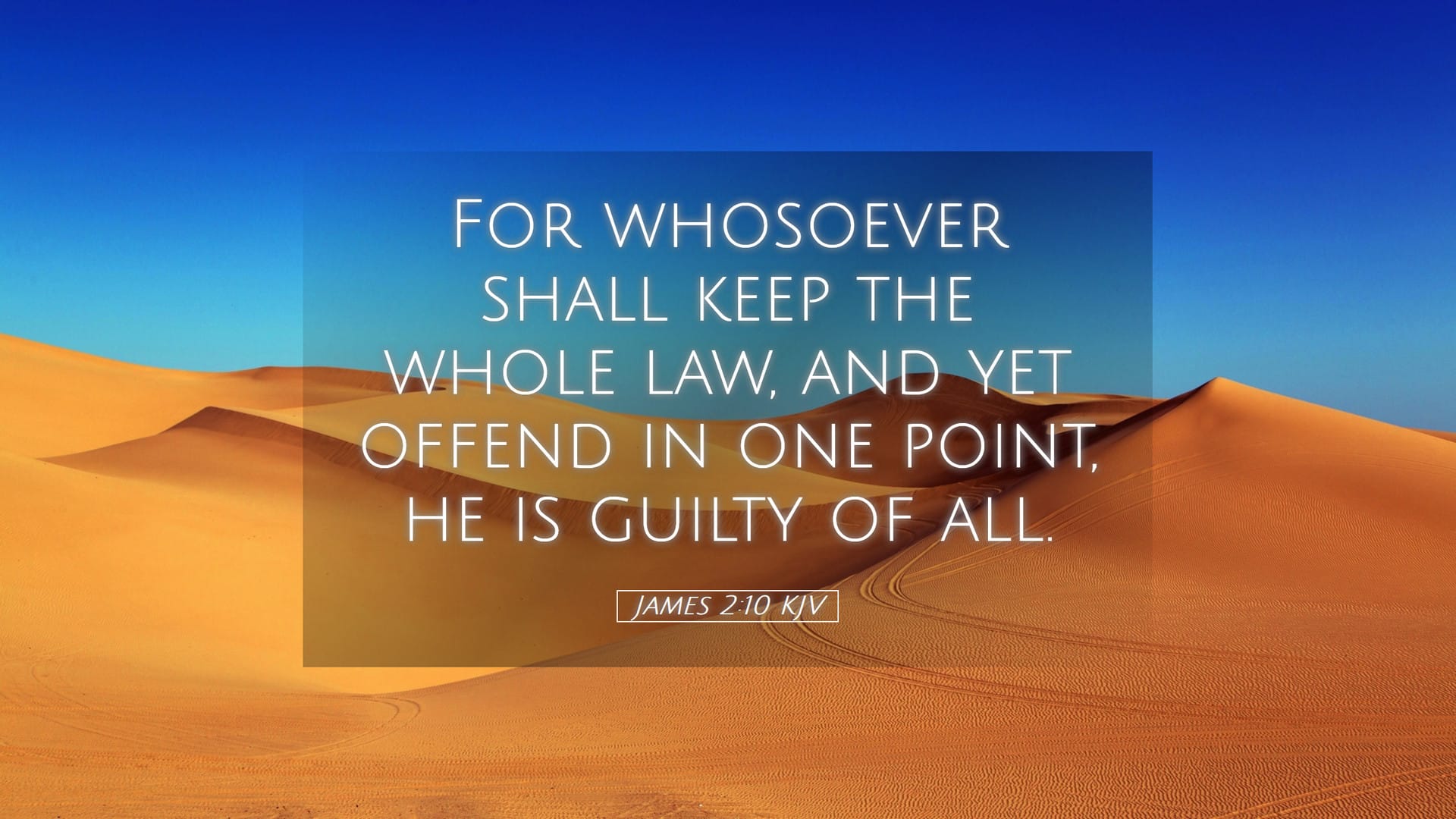
That means gossip carries weight, just as much as adultery or theft. The moment we break one part of God’s law, we’ve shown our need for His mercy, no sin is too small to matter or too big to forgive.
Daniel's confession in chapter 9 doesn't make excuses or rank the sins of Israel, he simply acknowledges rebellion.
❤️ Here is the key: repentance doesn’t depend on the type of sin, but on a heart that returns to God in humility, trusting in His mercy.
Conclusion and Reflection
Daniel 9:9 is a powerful reminder of the character of God.
In a world quick to condemn and slow to forgive, this verse teaches us to look to the Lord, who holds both mercy and forgiveness in abundance.
It also invites you to take sin seriously, but to trust even more deeply in the mercy of God.
🙏 A Moment for Personal Prayer ...
Instead of offering a scripted prayer, this is your moment to speak directly to God, in your own voice, with your own words, at your own pace, whenever you are actually truly ready.
Don’t worry about your words being eloquent or polished. God is not listening for perfection, He’s looking at your heart and listening for honesty.
Take a few quiet moments whenever you are actually ready.
Reflect on what God has shown you through His Word.
Confess whatever needs confessing, and make the deliberate choice to turn away from that specific sin. Repentance is more than saying sorry, it is a surrender of the heart, a recognition of the sinful decision, and a commitment to stop living in it.
Thank Him for His mercy. Ask Him to draw you closer, to help you walk in grace, and to shape your heart to reflect His.
Speak to God, as a child to a loving Father, because that’s exactly who you are.
Pray at your own pace, when your heart is truly ready. This kind of prayer can’t be forced; it must come from a place of sincerity.